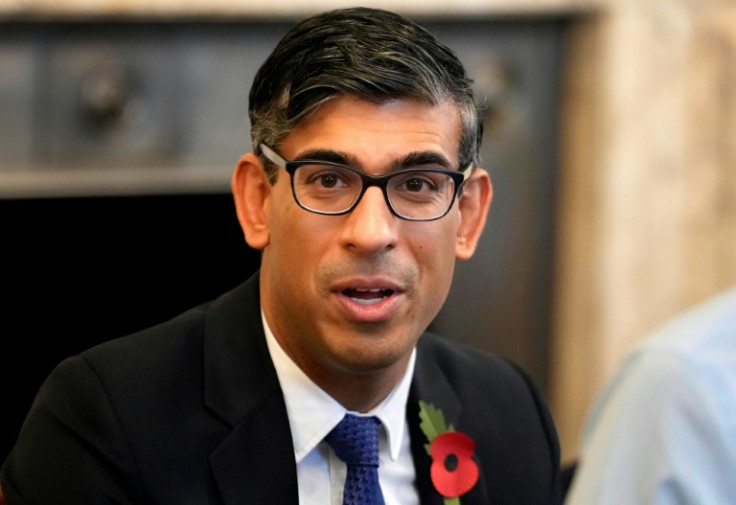UK Ministers Urged to Expand Financial Support for Cost of Living Crisis
With the cost of household gas and electricity remaining notably elevated, the cost of living crisis continues to plague Britons.

Ministers are facing mounting pressure to extend financial support for Britons grappling with the ongoing cost of living crisis, as a parliamentary committee discovered that a portion of the population had "slipped through the safety net".
The burden of escalating household expenses has led the bipartisan work and pensions committee to declare that the support payments designed to alleviate the problem are deemed inadequate in addressing the magnitude of the issue as it is only offering merely a "short-term reprieve" for many.
Established in May 2022 by then-Chancellor Rishi Sunak, these payments initially amounted to £650 disbursed in two instalments and were then raised to £900 distributed across three payments in November of the same year by Chancellor Jeremy Hunt.
However, the committee's findings indicated that these amounts fell short of meeting the people's needs, raising particular concern that individuals with disabilities received a mere additional £150 annually.
The issue has become particularly pressing as inflation rates reach levels not seen in decades, hitting the pockets of British households and squeezing budgets across the nation.
Despite a slight decrease in the inflation rate, prices continue to surge, with the cost of household gas and electricity remaining notably elevated in comparison to levels before late 2021, marked by the commencement of the energy crisis, which escalated following Russia's invasion of Ukraine.
With the surging cost of essentials, energy bills and food prices are at the forefront of public concern. The winter months have left many households struggling to heat their homes, causing concerns about the well-being of the most vulnerable members of society.
The MPs put forth a series of recommendations, which included incorporating housing benefit recipients as qualifying criteria for future cost of living assistance and factoring in the household's size, thereby adjusting payments to larger families accordingly.
They also called upon the government to provide an evaluation of the cost of living payments before the commencement of the next fiscal year in April.
The committee's proposal to include housing benefit recipients as eligible for assistance could potentially reach a wider pool of individuals facing financial hardship, reflecting the diversity of circumstances encountered by households across the UK.
By considering family size when determining support payments, the government would take a more tailored approach to help those with increased financial responsibilities, such as larger families.
The chair of the work and pensions committee, Sir Stephen Timms, said: "While the support payments have made an important impact in helping those most in need during these difficult times, the overall package has offered just a short-term reprieve for many, while others have slipped through the safety net altogether."
He added: "Ministers should get ahead of the game by bringing forward their evaluation of the measures and at the same time give serious thought to changes to the wider benefit system that would make ad-hoc payments less necessary."
While the government has already introduced various support packages, such as the Winter Fuel Payment and the Warm Home Discount Scheme, MPs argue that these measures are insufficient to meet the demands of the present situation. There are calls for an immediate increase in financial assistance to help low-income families and the elderly cope with mounting energy bills.
Furthermore, there is a growing consensus among politicians that the minimum wage must be raised to keep pace with the rising cost of living. Critics argue that the current rate does not provide a living wage for many workers and needs to be urgently reviewed to ensure that people can earn a decent income.
As the Prime Ministers and MPs continue to call for an expanded cost of living support, there is hope that the government will take swift and decisive action to ease the burden on the British public.
A Department for Work and Pensions spokesperson released a statement saying: "The cost of living payments have provided a significant financial boost to millions of households, just one part of the record £94bn support package we have provided to help with the rising cost of bills.
"Ultimately, the best way we can help families is to reduce inflation, and we're sticking to our plan to halve it this year."
The unity shown across the political spectrum on this issue highlights the gravity of the situation, and it is now up to the government to translate these calls for action into tangible policies that can make a real difference in the lives of those struggling to make ends meet in the UK.
© Copyright IBTimes 2025. All rights reserved.






















